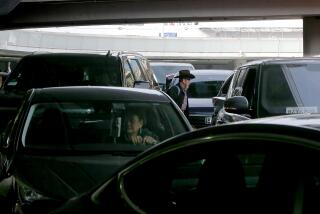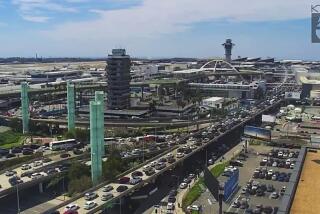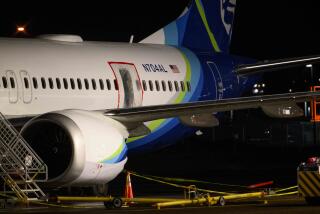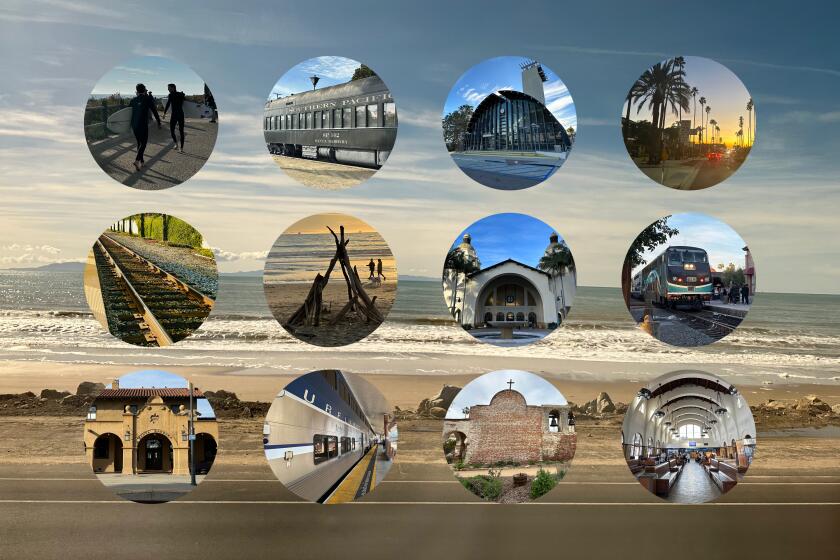Statistics on airline delays and cancellations may not tell the whole story
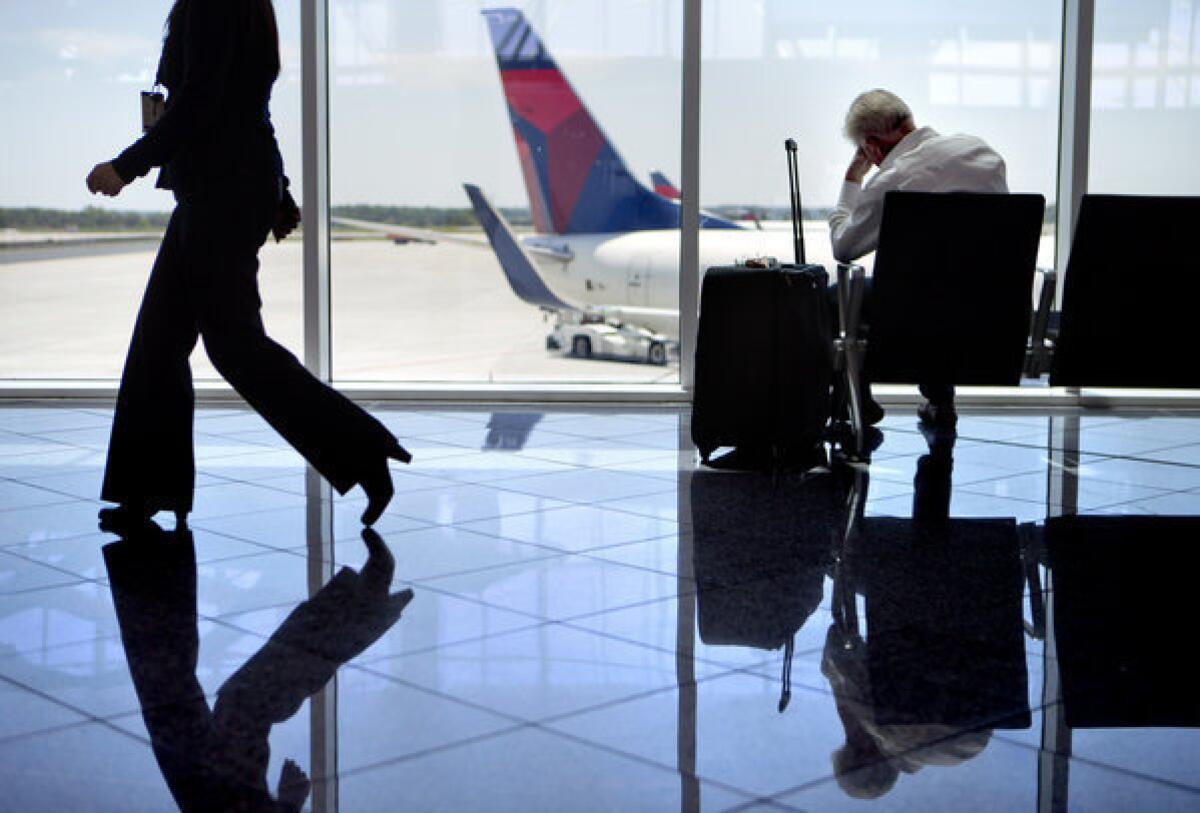
Airline delays and cancellations have dropped significantly in the last few years. At least that’s what federal statistics show. But the numbers may not be telling us the whole story.
That is one of the conclusions in a new report by the office of inspector general for the U.S. Department of Transportation, which recommends new ways of calculating airline delays.
The Department of Transportation’s data says that airline delays fell by 33% from 2000 to 2012, while flight cancellations dropped by 56% at the nation’s largest airports.
The problem with the numbers, according to the inspector general, is that the Department of Transportation only looks at flight data from the 16 largest airlines. Those airlines account for about 76% of domestic flights. The other 24% are not calculated in the federal analysis.
The nation’s “published flight delay data present the public with an incomplete picture of the number of delays that actually occur at a given airport or are generated by all carriers,” the report said.
Another reason the numbers don’t give an exact picture, the report says, is that most major airlines have increased their scheduled gate-to-gate time for nearly every flight, giving themselves a cushion to absorb delays.
In 2000, the time that airlines scheduled for a flight exceeded the actual flight time on 73% of routes analyzed by the office of inspector general. By 2012, this rate had grown to 98% of all routes. One example cited by the study was a LaGuardia-to-Indianapolis route — typically a 21/2 -hour flight. From 2000 to 2012, airlines have increased the scheduled flight time by 21 minutes, the report found.
Airlines say that they don’t inflate the scheduled flight time to avoid delays but try to be realistic about the time each flight needs.
“Airline scheduling is based on the realities of the air travel system, taking into account conditions such as airspace and ground congestion or weather that can impact gate to gate time,” said Vaughn Jennings, a spokesman for Airlines for America, the trade group for the nation’s airlines.
Also:
No cellphone calls on Delta Air Lines, CEO says
Survey finds 59% support arming of TSA agents
Most annoying etiquette violation on a plane? Survey says ...
More to Read
Sign up for The Wild
We’ll help you find the best places to hike, bike and run, as well as the perfect silent spots for meditation and yoga.
You may occasionally receive promotional content from the Los Angeles Times.
